Lance Olsen is the author of more than 20 books of and about innovative fiction. He acts as Chair of the Board of Directors for the Fiction Collective 2 and teaches experimental narrative theory and practice at the University of Utah. What follows is a conversation with him about his newest book, Architectures of Possibility: After Innovative Writing.
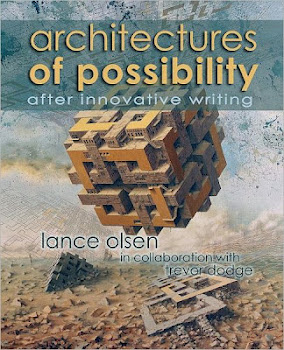
Q: Would you talk a bit about the book in relation to its title? Why the words “architectures” and “possibility”? What about the phrase “after innovative writing?” Are we now in a post-innovative literary world?
A: Let me take your last two questions first, and argue that the history of writing (think Petronius’ Satyricon, Sterne’s Tristram Shandy, Joyce’s Ulysses) has been, not one of dogging conventions, but of continuously undoing them, experimenting with and beyond them, continuously redefining them, exploring the boundaries of the writerly act, of how we might tell our narratives—and hence ourselves, our worlds—differently. So-called conventional acts of writing, then, are the uninteresting detritus of literary history. Innovation is where literary history takes place.
If that’s the case, then contemporary experimentalists are not only continuously in pursuit of the innovative, but are also always-already writing subsequent to it—writing, that is, in its long wake. Hence my pun in the title on the word after.
And so to your initial question: for me, innovative writing represents a possibility space where everything can and should be attempted, challenged, thought, where every architecture should be explored. In other words, we’re talking about the ideology of form here. Another way of saying this: meaning suggests meaning, but structure suggests meaning as well. To structure one way rather than another is to convey, not simply aesthetic preference, a matter of taste, but a course of thinking, a way of being in the world, that privileges one approach to “reality” over another. One of the jobs of the innovative is unceasingly to challenge the dominant cultures’ narrativization of “reality,” to remind us that there are always other ways to construct the text of our texts, the texts of our lives, always the possibility of effecting change in both.
To write within the innovative, then, is much more than a creative choice. It’s an ethical imperative.
READ MORE >

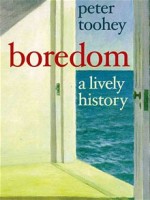

 Punchline
Punchline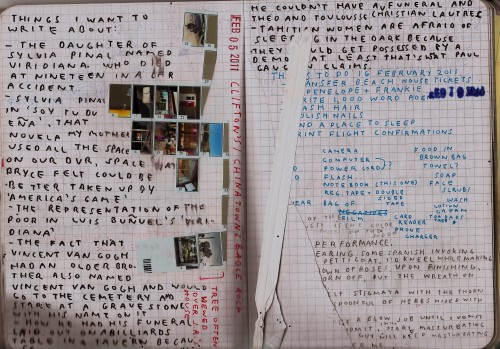
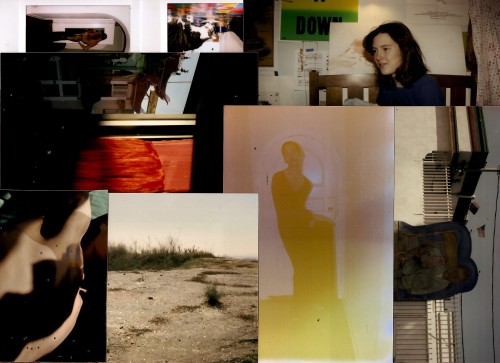
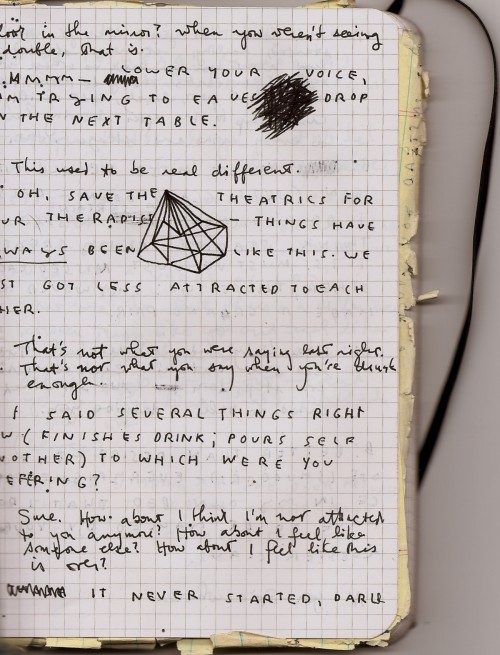
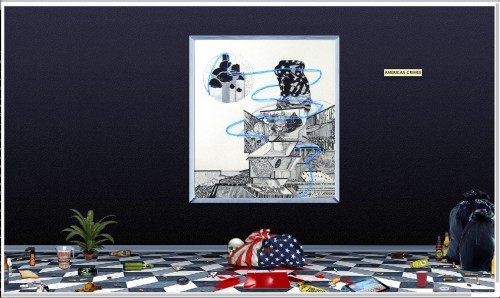
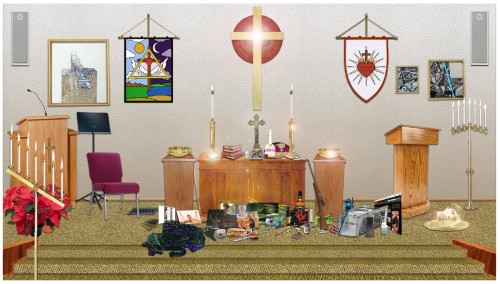
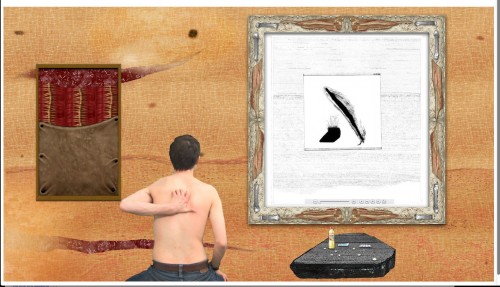
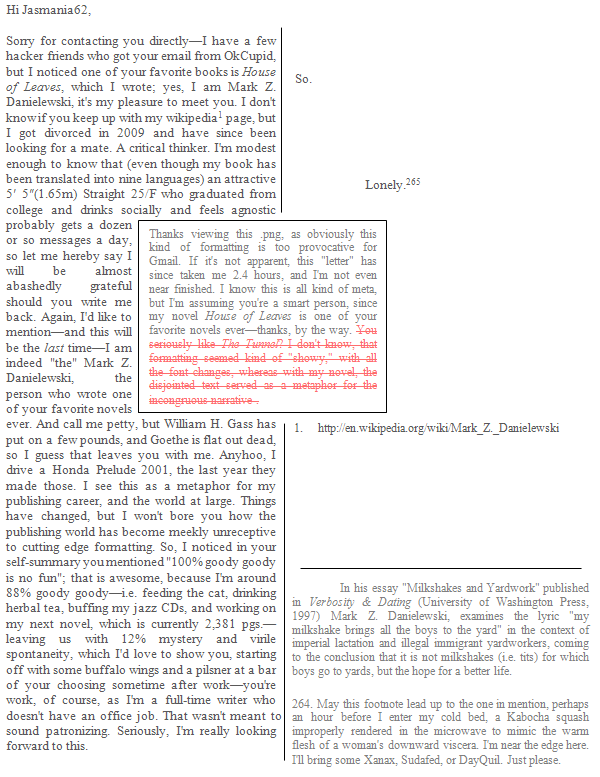
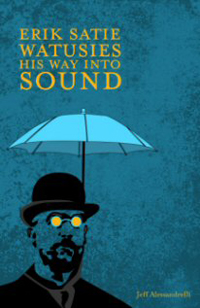 Erik Satie Watusies His Way Into Sound
Erik Satie Watusies His Way Into Sound